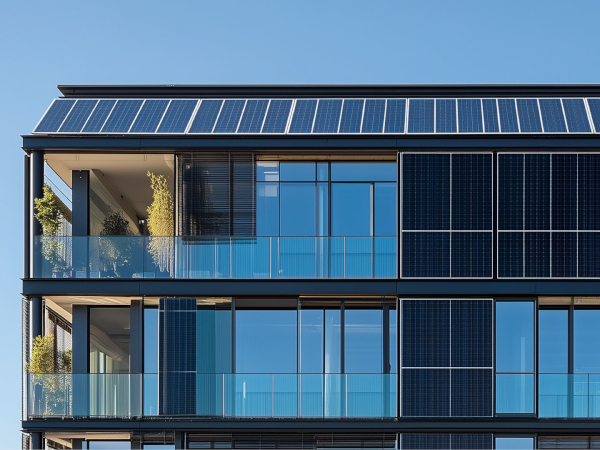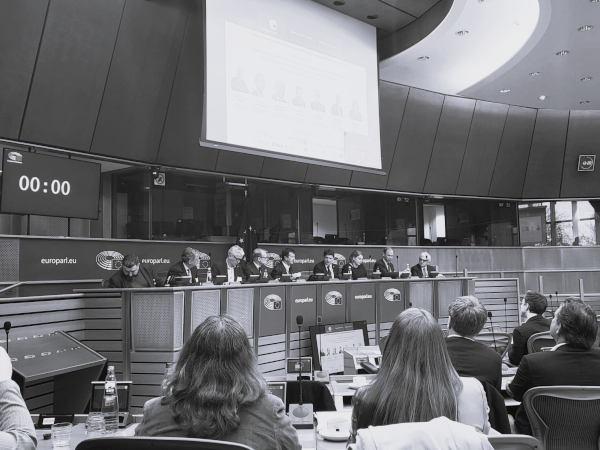Date: 26 April 2007
The new product is an organic paint-type insulating material that can be applied as interlayer dielectrics for wide-ranging high frequency devices, including GaAs- and GaN-based compound semiconductors, and can be easily painted by spin coating method. With high thermostability (at up to 350 degrees C), the new material can be used in high-temperature processes. As a result, it is projected to be extensively adopted to uses requiring thermostability, for which fluoropolymers could not be used previously, and those utilizing thermosetting. Use of the material is expected to grow rapidly within our Electronics & Energy business.
In the development of high-frequency devices that are used in cellular phones and communication circuits, researchers are striving to realize higher operation frequency and lower power consumption. However, a technological challenge has appeared: with the operation frequency of devices growing higher, signal transmission speed drops and electricity consumption increases, which means that higher speeds have a greater effect on wiring capacitance. To resolve this problem, a material should be used that has lower permittivity than that of the polyimide-based insulating materials (the relative permittivity of which stands at 3.2 – 3.5) currently in wide use.
Under our medium-term management plan “JIKKO-2007,” we aim to build Electronics & Energy as a third pillar of our businesses. As part of our efforts to achieve the goal, we have successfully developed a fluorine insulating material that features low-permittivity characteristics and can be used in high-frequency devices, by making the most of our fluorine chemical technology, which is one of our core proprietary technologies. This low-permittivity insulating material will make it possible to largely reduce wiring capacitance, raise the operation frequency of devices and slash power consumption. With moisture absorption of as low as 0.2% (when temperature is 85 degrees C and humidity is 85%), it can steadily maintain its characteristics. It is also excellent in flatness characteristics. Thus, the new material can enable multilayer wiring structures for devices, which will help improve yield rate.












Add new comment